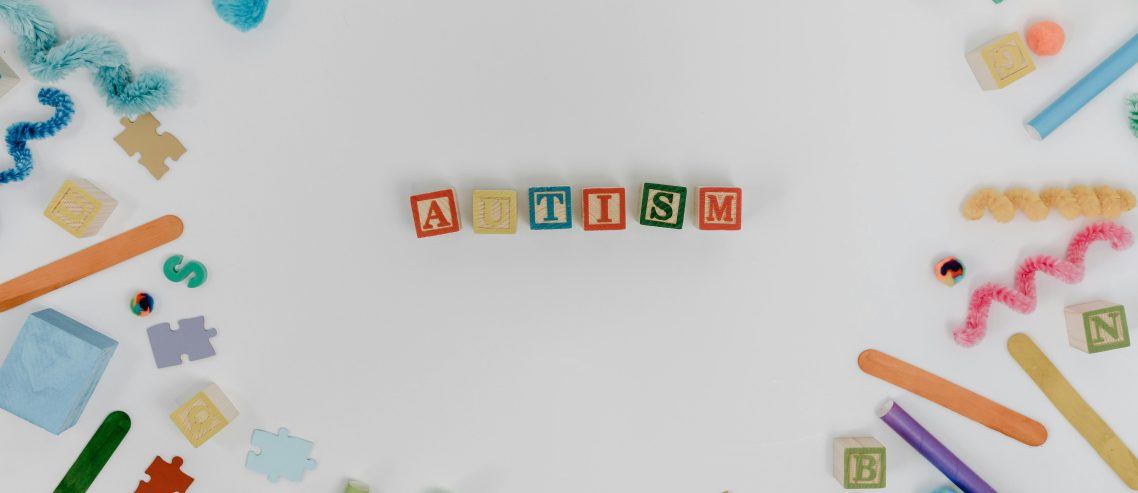So Your Child is Heading to Court?
10 Considerations to Ponder
As parents, we can be devastated when we learn our child has broken the law, and s/he has a court date ahead of them. Many thoughts flood our heart, not the least of which is wondering what others might think of us. We can imagine everybody now suspecting our parenting skills, because, after all, these things don’t happen to “good parents,” do they?
Perhaps we had crafted a pretty favorable image as a mom and a dad, and maybe our toddlers obeyed us well. Maybe we got compliments from others about their behavior, and now this? Maybe I am a Sunday School teacher, or a minister, and now this? What is everybody going to think?
The good news is that experienced parents do not generally think “this” way, because things have happened to their children, too. Perhaps it is even better news that no longer do we have to try so hard to prop up an image of “master parent,” as now it is clear we are all in this together. The best news is that God will be the ultimate Judge, and he knows all the efforts we have made to guide our children into the Truth.
There are a number of important points to keep in mind as we process this situation:
Bumps along the way do not prohibit our child from attaining salvation.
In our quiet moments, and times closest to the Lord, we have recognized that the salvation of our child’s soul is the only thing that ultimately matters. We love him/her so much and cannot bear the thought of someone we love dearly missing out on Heaven. Perhaps this incident will serve to turn our child around and point them towards Heaven. Maybe this is an answer to our prayers!
Our child needs our love and support now more than ever.
Do not explode in anger, and strain what might be already a tenuous and fragile relationship with him/her. Children need mom and dad standing close by their side, as maybe they see some other friends now distancing themselves. S/He needs to know mom and dad will never do that.
Do not make any effort to circumvent the truth, the law, or to spare your child of the natural consequences of his/ her behavior.
This does not mean you add to the chorus of voices telling your child s/he is a terrible person because he/she made this mistake. It simply means you portray an unshaken confidence that “causes lead to effects,” and if you attempt to spare your child of the natural consequences of poor behavior, you send some very misleading messages to him/her, preventing the “growing up” process.
Do not send the message that the worst things are: “You got caught,” or “You embarrassed us.”
(Both of those things might be very good!) The worst thing is the sin committed. And sin keeps us out of Heaven and separates us from our Father unless we take steps here on Earth to utilize God’s remedy for sin.
Boundary issues will need to be resolved, with an understanding that the child certainly needs to pay for much, if not all, of the fines encountered.
This will, obviously, depend on the age of the child and if means are available for him/her to do this. There may be court fees, probation fees, and attorney fees. Insurance rates may go up and there will likely be consequences for your child that also end up inconveniencing you (like loss of a driver’s license). There needs to be an up-front, honest discussion about who pays what and when.
What about hiring an attorney?
Whether this is a court-appointed attorney, or a privately hired attorney, obtaining legal counsel is generally a good idea. As previously mentioned, there is no intention here to avoid the consequences of one’s actions, but lawyers in their respective states know details of the law, including potential penalties, as well as the perspectives of individual judges, and can advise their clients how to work towards a better result. Some states permit diversion programs, whereby a case could be dismissed upon the completion of certain conditions. An attorney who is experienced in criminal law cannot only help with navigating through the legal process but can also assist in efforts to negotiate a desired outcome for all involved.
What if my child just turned 18?
This is a particularly thorny issue, because a 17-year-old is treated much differently in court than an 18-year-old. Legal adulthood brings certain privileges with it, but also some very overwhelming responsibilities of which your child may be ignorant. Once again, having a lawyer who can help your son/daughter navigate words such as “felony, misdemeanor, reduced charge, plea bargain,” etc. can be of enormous assistance to a family.
Should we as parents add consequences to what is already being given by the court?
There may be several correct answers for this question. Using what we know about God’s Word, he is most interested that a sinner has a “broken and contrite heart” (Psalm 34:18). It would be very troubling to a parent if their son/daughter “brushed off” a conviction and showed no remorse. On the other hand, if remorse and sorrow for sin is a clear product of going to court, there may be circumstances in which a child does not get as many consequences at home as would be expected. Normally, there should be consequences, in addition to the court results, for the simple reason the child needs to learn cause and effect, as stated in #3 above.
Should the parent attend court with the child?
You may or may not have a choice in this matter. Different states will have their own guidelines for this. For example, under Ohio law, parents are considered as “parties” in the case, and at least one parent is generally required to attend. In juvenile cases, it is usually a good idea for parents to attend. With adult children, it may depend upon the case. Your attendance in court with your child does not, however, mean you are condoning his/her actions. Sometimes, the child needs you there. Regardless, both of you should understand that judges command respect by the nature of the office, and in a court of law, it is common to address a judge as, “Your Honor.”
How can I, as a parent, remain hopeful in this time of upheaval in our family?
Although we do not wish court appearances and legal charges on any of the families we love, a parent in this situation has much reason for hope and better days ahead. The fact our child was caught means there is greater likelihood s/he can change his/her behavior, than if continued misbehavior would have gone unchecked for an extended period. Perhaps the child has had an uncaring response to rules and laws, and this arrest might finally have gotten his/her attention. Maybe, for the first time, the child develops a sobering realization about the importance of life choices and can now look at life in a more mature and adult perspective. Finally, court appearance is a sobering reminder of what we will all face one day as we stand before an Almighty and perfect Judge and realize the enormously high stakes. Perhaps the foreshadowing of that event will impact all in a mighty way, and lead to good eternal fruit.
In summary, recognize the powerful benefits of the chastening rod, as written in Hebrews 12, “Now no chastening for the present seemeth to be joyous, but grievous: nevertheless afterward it yieldeth the peaceable fruit of righteousness unto them which are exercised thereby.” The afterward heart condition is what really matters; the present reality is of far less consequence.





Comments
Leave a Comment